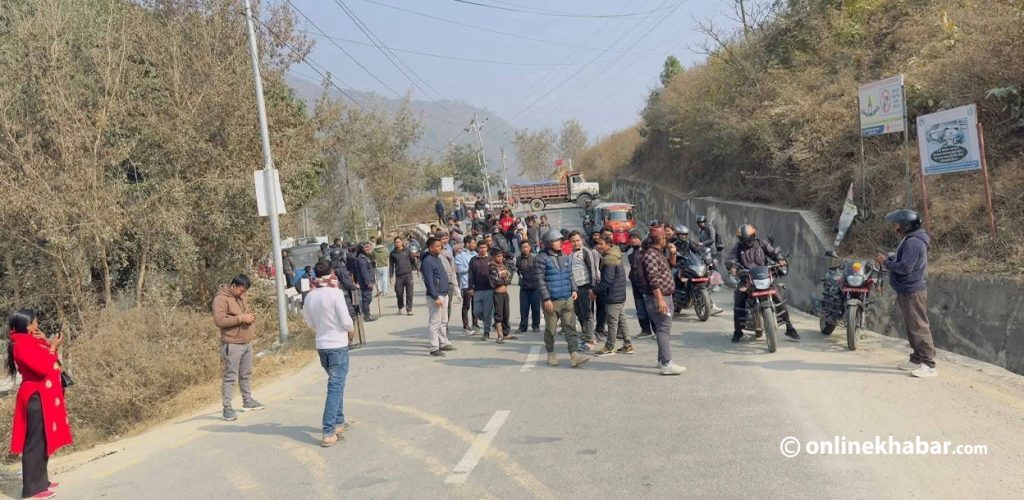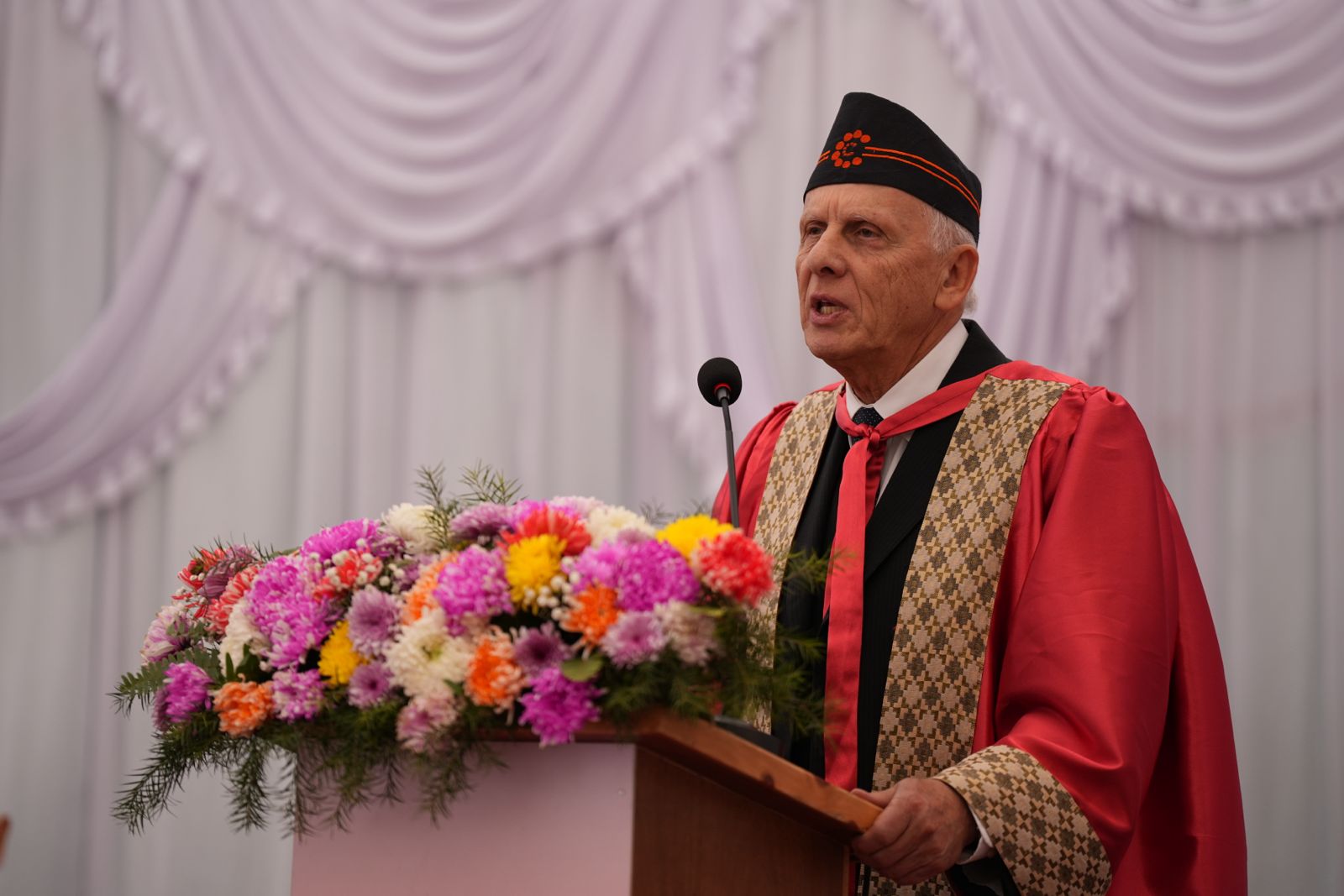
A green economy is a promising strategy to combat climate change while fostering sustainable economic growth and development in Nepal.
Due to its geography and climate, Nepal is a nation that is extremely vulnerable to the effects of climate change. Numerous severe weather occurrences such as floods, landslides and droughts are common in the nation and have a detrimental impact on the economy and way of life of the populace. In this context, by lowering greenhouse gas emissions and fostering environmentally sustainable economic growth, the shift to a green economy can lessen these negative effects.
Opportunities for a green economy in Nepal
The development of a green economy in Nepal depends in large part on the promotion of renewable energy sources.
With its abundant hydropower, solar and wind energy resources, Nepal can lessen its reliance on fossil fuels. Besides increasing energy security and lowering energy costs, investing in renewable energy can also lead to the creation of new job opportunities in the clean energy industry.
The development of a green economy in Nepal can also be aided by the promotion of climate-smart urbanisation, sustainable agriculture and livelihoods, green finance and investment, and climate change education and awareness.
In Nepal as well as the rest of the world, renewable energy is becoming more and more popular. Utilising hydro, solar and wind energy can aid Nepal in developing a green economy that is both economically viable and environmentally sustainable.
By utilising these clean energy resources, Nepal can lessen its reliance on fossil fuels and cut greenhouse gas emissions, which can lessen the effects of climate change. Furthermore, the use of renewable energy can open up new job opportunities in the clean energy industry, aiding in the promotion of environmentally friendly and environmentally sustainable economic growth.

Coping difficulties
The transition to renewable energy does not, however, come without difficulties, such as the high cost of infrastructure and technology as well as the erratic nature of some renewable energy sources. However, using hydro, solar, and wind energy can be a successful strategy for Nepal to develop a green economy that is both environmentally and economically sustainable with the right investments and policies in place.
Nepal can also establish a green economy by fostering sustainable agriculture and means of sustenance. Organic farming approaches can improve farmers’ livelihoods and food availability by boosting soil health and reducing the need for synthetic pesticides and fertilisers. Ecotourism and other types of alternative employment may benefit communities, particularly those in rural regions, by bringing in new cash while simultaneously encouraging environmental preservation.
Hence, Nepal must engage in programmes and policies that promote sustainable farming and other subsistence methods. By doing so, the country will be able to develop a green economy that is both commercially and environmentally viable.
Encouraging sustainability
Supporting sustainable cities and communities is essential for a green economy as rising urbanisation contributes significantly to greenhouse gas emissions and environmental harm. Nepal can lower its carbon footprint and lessen the effects of climate change by investing in the infrastructure and technology that enable sustainable urbanisation.

Sustainable urbanisation may also promote economic growth by expanding employment opportunities, enhancing urban residents’ quality of life and facilitating easier access to essential services. To establish a green economy that is both commercially and ecologically successful, Nepal must place a strong emphasis on policies and programmes that promote sustainable urbanisation.
In order to create a green economy in Nepal, it is also essential to educate people about climate change. People can more clearly understand how climate change will affect their lives and the environment by educating and raising awareness in their communities.
Additionally, encouraging sustainable lifestyle changes and environmental conservation methods can help people and communities reduce their carbon footprints, thereby reducing the effects of climate change. By generating new employment opportunities in environmentally friendly sectors like renewable energy and sustainable agriculture, education and awareness about climate change can also encourage economic growth.
In order to build a green economy that is both environmentally sustainable and economically viable, Nepal must invest in policies and programmes that support climate change education and awareness.
In conclusion, Nepal must build sustainable infrastructure for a green economy to support long-term economic growth and development while mitigating the consequences of climate change. Nepal can develop an ecologically and economically viable green economy by investing in renewable energy sources such as hydro, solar, and wind power, as well as supporting sustainable agriculture, eco-tourism, and climate-smart urbanisation.
Climate change education and awareness are also required if Nepali communities are to encourage sustainable lifestyle changes and environmental conservation efforts. Nepal can reduce its carbon footprint and the harmful consequences of climate change by implementing policies and initiatives that assist the transition to a green economy while also building a sustainable economic future for its population.



















